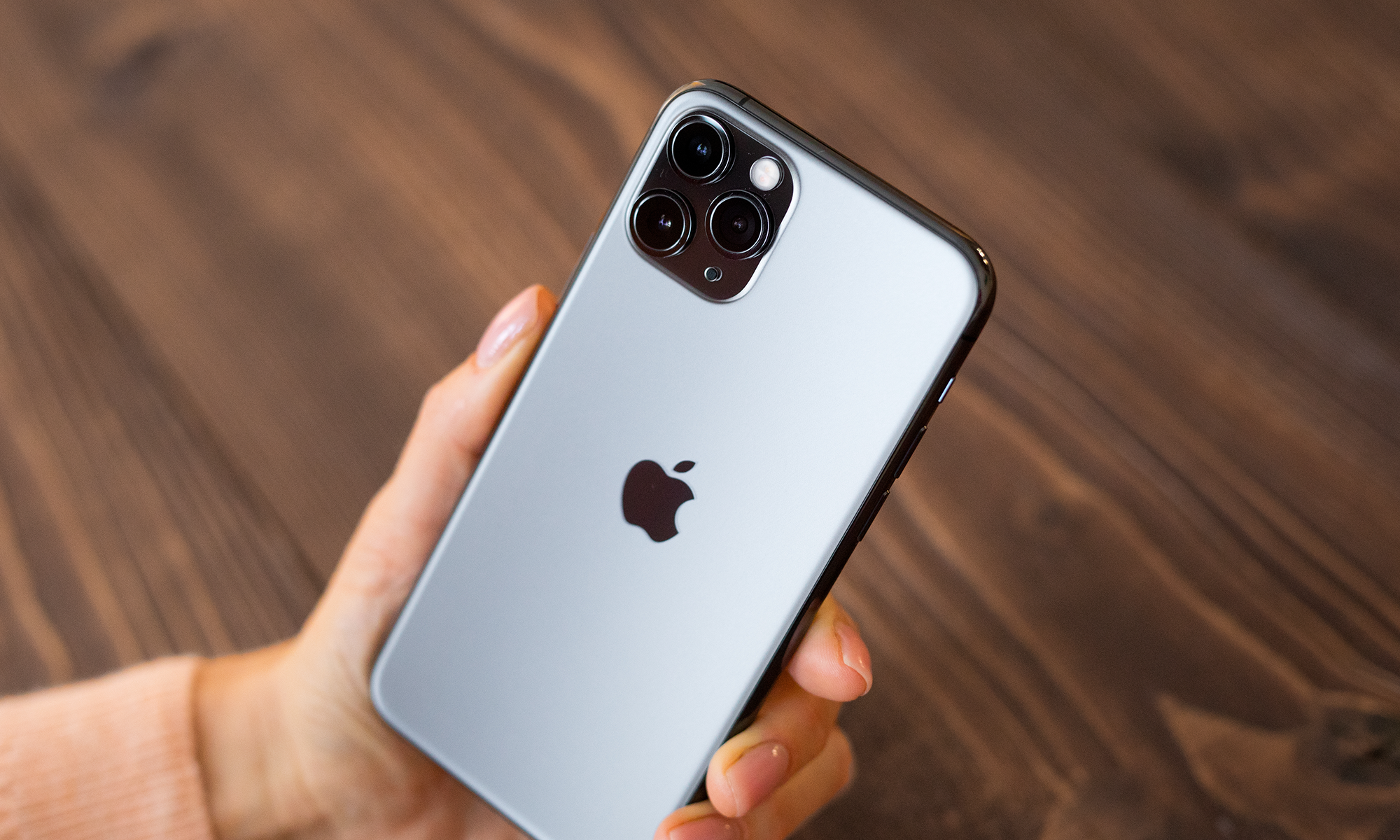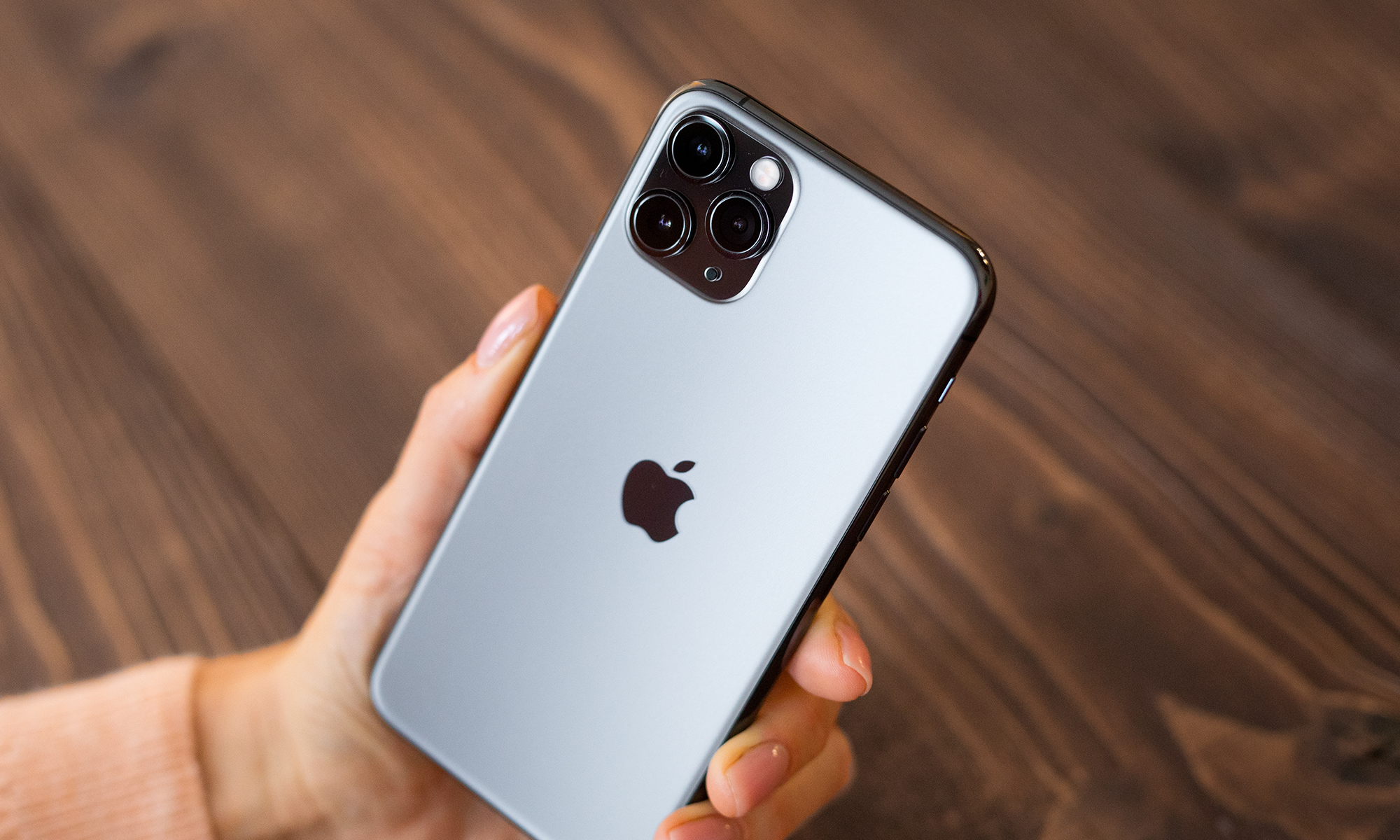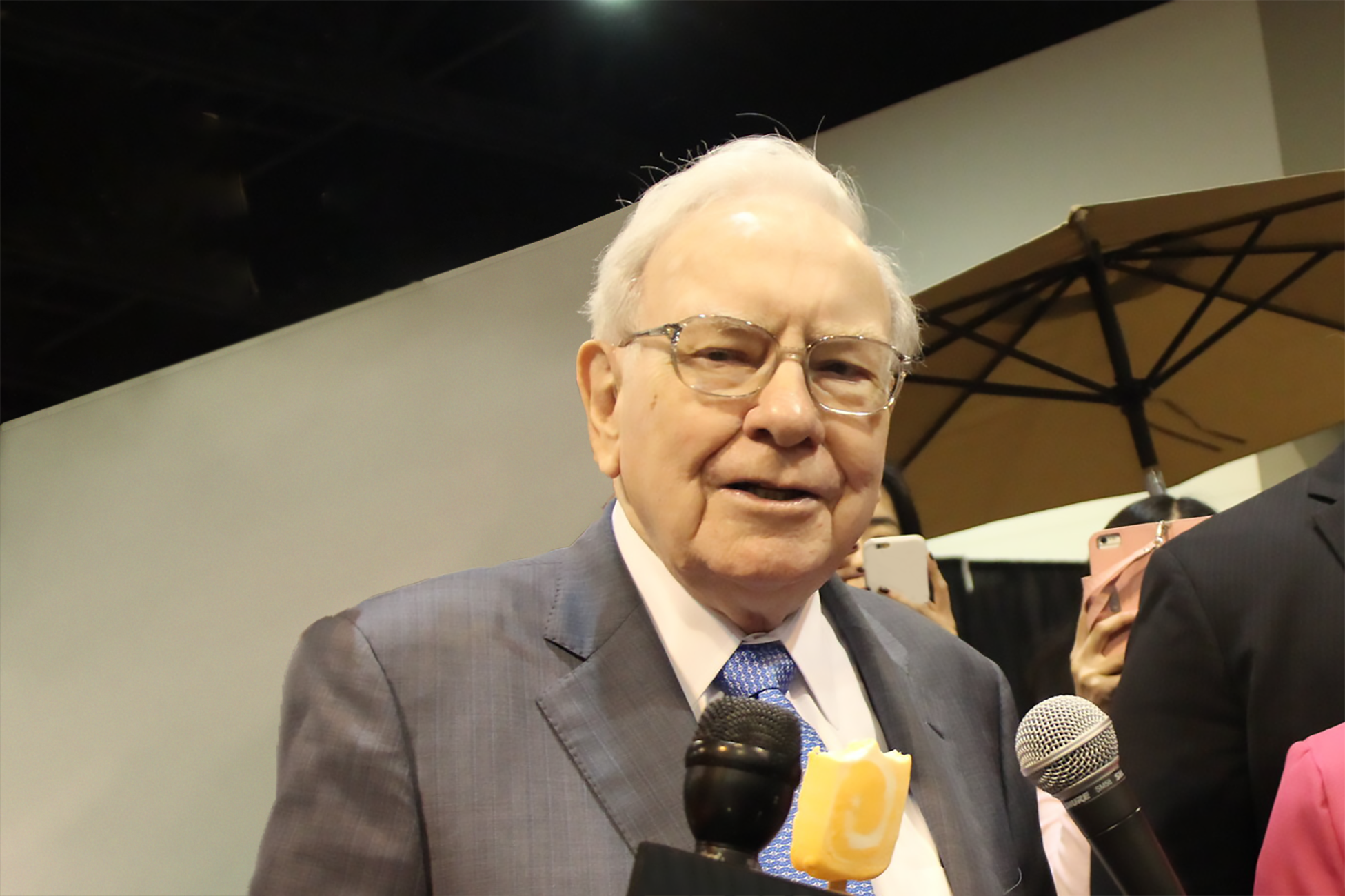
Taiwan Semiconductor manufactures the A10 Fusion chip. Image source: Apple.
Apple (AAPL 0.56%) only paired up with Taiwan Semiconductor Co. (TSM +1.14%) in 2014, and the companies have continued to expand their relationship ever since. While Apple dual-sourced last year's A9 chip, having both Samsung and Taiwan Semiconductor pitch in for manufacturing, it appears that TSMC scored the exclusive win for this year's A10 Fusion, according to Chipworks. The largest contract chip manufacturer may have even already won the A11 contract.
As Samsung continues to grapple with the fallout of its exploding phone crisis, TSMC is already enjoying the uplift related to customers potentially shifting to the iPhone 7.
Soaring Q3 sales
TSMC just reported third-quarter earnings. Sales in the third quarter totaled $8.2 billion (up 23%), with net income of $3 billion (up 28%). The company said that 31% of wafer revenue came from 16-nanometer and 20-nanometer shipments. The A10 Fusion chip is built on TSMC's 16-nanometer FinFET+ technology.
Even though foreign exchange rates hurt the company's performance, sales still topped the high end of TSMC's guidance. TMSC attributed the strong results to the smartphone market.
Better yet, TSMC boosted its revenue guidance for 2016, and now expects full-year sales to jump 11% to 12%, up from a prior range of 5% to 10%. Fourth-quarter revenue is now expected to be in the range of $8.04 billion to $8.13 billion, with a gross margin of 50.5% to 52.5%. Capital expenditures for 2016 might run a little over the $9.5 billion budget.
Samsung's misfortune is TSMC's fortune
Here's the kicker, though. As strong as that guidance is, TSMC said the forecast does not incorporate the fact that Samsung recently axed the Galaxy Note 7. The company acknowledges that Samsung is a worthy competitor, but the fact that the South Korean conglomerate still can't figure out what's causing its phones to combust is disconcerting.
A New York Times report from earlier this week noted that Samsung engineers are unable to replicate the issue, and the company may have been too hasty in its attempt to beat Apple to the market with this product cycle. The initial assessment that only batteries sourced internally from Samsung's in-house battery division were problematic was incorrect, which is why replacement units have also begun catching fire.
As the debacle overhangs Samsung's broader Galaxy brand, Apple could enjoy incremental demand as people switch. Some analysts estimate that Apple could sell anywhere from 8 million to 15 million additional phones thanks to Samsung's misfortune. That would be 8 million to 15 million more A10 Fusion chips that TSMC is making for Apple, volumes that are on top of fourth-quarter guidance. TSMC also manufactures other components in the iPhone 7 like the cellular baseband modem, so TSMC is set to bank on the Galaxy Note 7's death.







